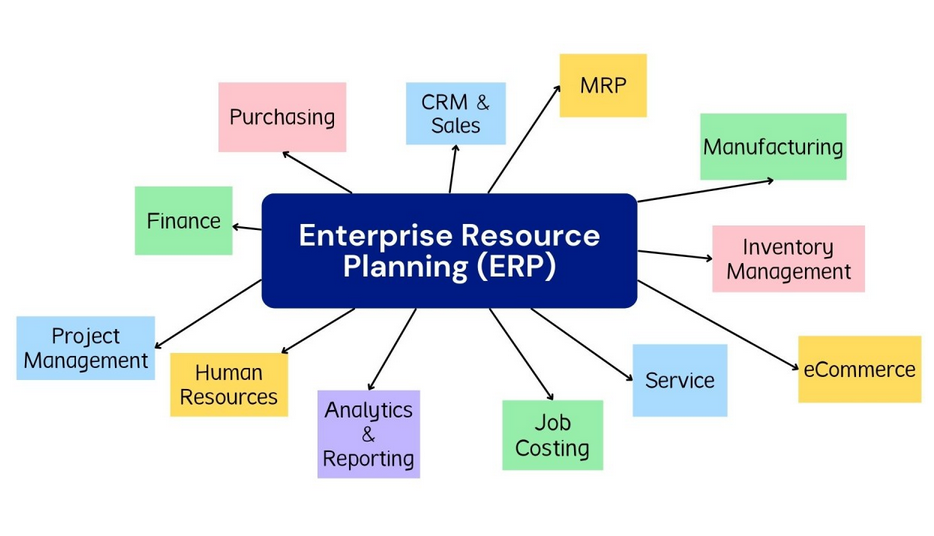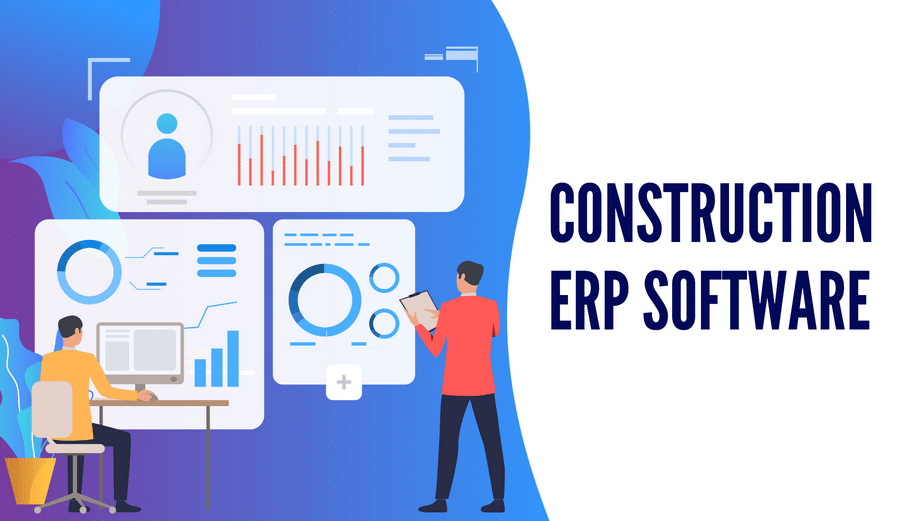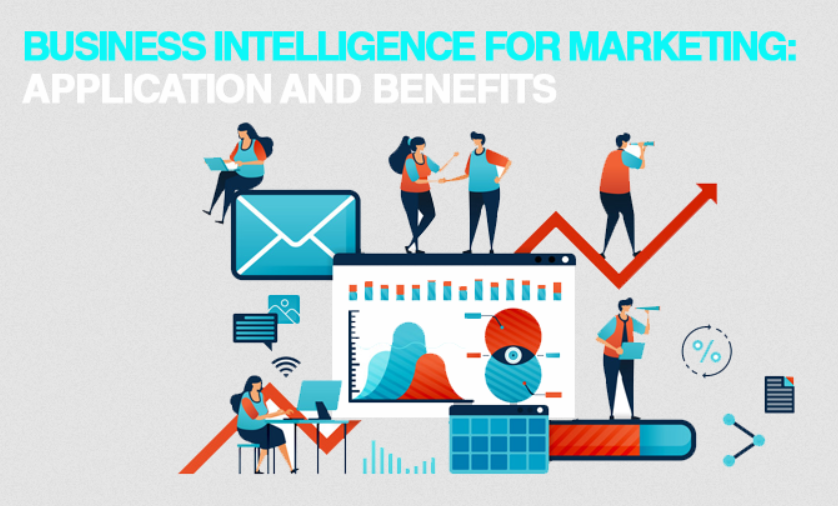Enterprise Resource Planning (ERP) systems have revolutionized the way businesses manage their operations, streamline processes, and make informed decisions. In today’s fast-paced business environment, selecting the right ERP solution from reputable ERP companies is crucial for achieving organizational success.
Introduction to Enterprise Resource Planning (ERP)
Enterprise Resource Planning (ERP) refers to a suite of integrated applications that organizations use to manage their core business processes in real-time. These processes may include finance, human resources, supply chain, manufacturing, and more. ERP systems provide a centralized database and a unified platform, enabling seamless communication and collaboration across departments.
Key Features of ERP Software
ERP software comes with a range of features designed to meet the diverse needs of modern businesses. Key features include:
Integration capabilities
ERP systems integrate various functions and departments within an organization, eliminating data silos and improving overall efficiency.
Scalability and flexibility
Leading ERP solutions offer scalability to accommodate the evolving needs of businesses, whether they are small startups or large enterprises. They also provide flexibility for customization to align with specific business requirements.
Benefits of Using ERP Systems
Implementing an ERP system offers numerous benefits to organizations, including:
Streamlined business processes
ERP systems automate repetitive tasks, reduce manual errors, and optimize workflows, leading to increased productivity and cost savings.
Improved decision-making
With access to real-time data and advanced analytics tools, ERP users can make informed decisions faster, leading to better business outcomes.
Top Enterprise Resource Planning Companies
Several reputable companies offer ERP solutions tailored to different industries and business sizes. Some of the top ERP vendors include:
- SAP
- Oracle
- Microsoft Dynamics
- Infor
- Epicor
Comparison of ERP Solutions
When selecting an ERP solution, organizations should consider factors such as:
Cost considerations
The cost of ERP software varies depending on factors such as licensing fees, implementation costs, and ongoing maintenance expenses.
Industry-specific functionalities
Certain ERP vendors specialize in specific industries, offering tailored solutions with industry-specific features and compliance requirements.
Implementation Process of ERP Systems
Implementing an ERP system involves several stages, including:
Planning phase
During this phase, organizations assess their needs, define project scope, and develop a comprehensive implementation plan.
Installation and configuration
ERP software is installed, configured, and customized to meet the unique requirements of the organization.
Challenges in Implementing ERP
Despite the numerous benefits, implementing an ERP system can pose several challenges, including:
Resistance to change
Employees may resist adopting new processes and technologies, leading to resistance and reluctance to embrace the ERP system.
Data migration issues
Migrating data from legacy systems to the new ERP platform can be complex and time-consuming, requiring careful planning and execution.
Future Trends in ERP Technology
The future of ERP technology is marked by several trends, including:
Cloud-based ERP solutions
Cloud-based ERP systems offer greater flexibility, scalability, and accessibility, allowing organizations to access their data and applications from anywhere, at any time.
Artificial Intelligence and machine learning integration
ERP vendors are increasingly integrating AI and machine learning capabilities into their systems to automate repetitive tasks, optimize processes, and provide valuable insights.
Conclusion
In conclusion, selecting the right ERP solution from reputable ERP companies is essential for organizations looking to streamline operations, improve efficiency, and drive growth. By considering factors such as integration capabilities, scalability, industry-specific functionalities, and future trends, businesses can make informed decisions that align with their long-term goals.
FAQs (Frequently Asked Questions)
What is ERP?
ERP stands for Enterprise Resource Planning, which refers to a suite of integrated applications used to manage core business processes.
Why is ERP important?
ERP systems help organizations streamline operations, improve efficiency, and make informed decisions by providing real-time data and advanced analytics.
What are some top ERP companies?
Some of the top ERP vendors include SAP, Oracle, Microsoft Dynamics, Infor, and Epicor.
What are the challenges of implementing ERP?
Challenges of implementing ERP systems may include resistance to change, data migration issues, and integration complexities.
What are the future trends in ERP technology?
Future trends in ERP technology include the adoption of cloud-based solutions, integration of AI and machine learning, and IoT connectivity.



